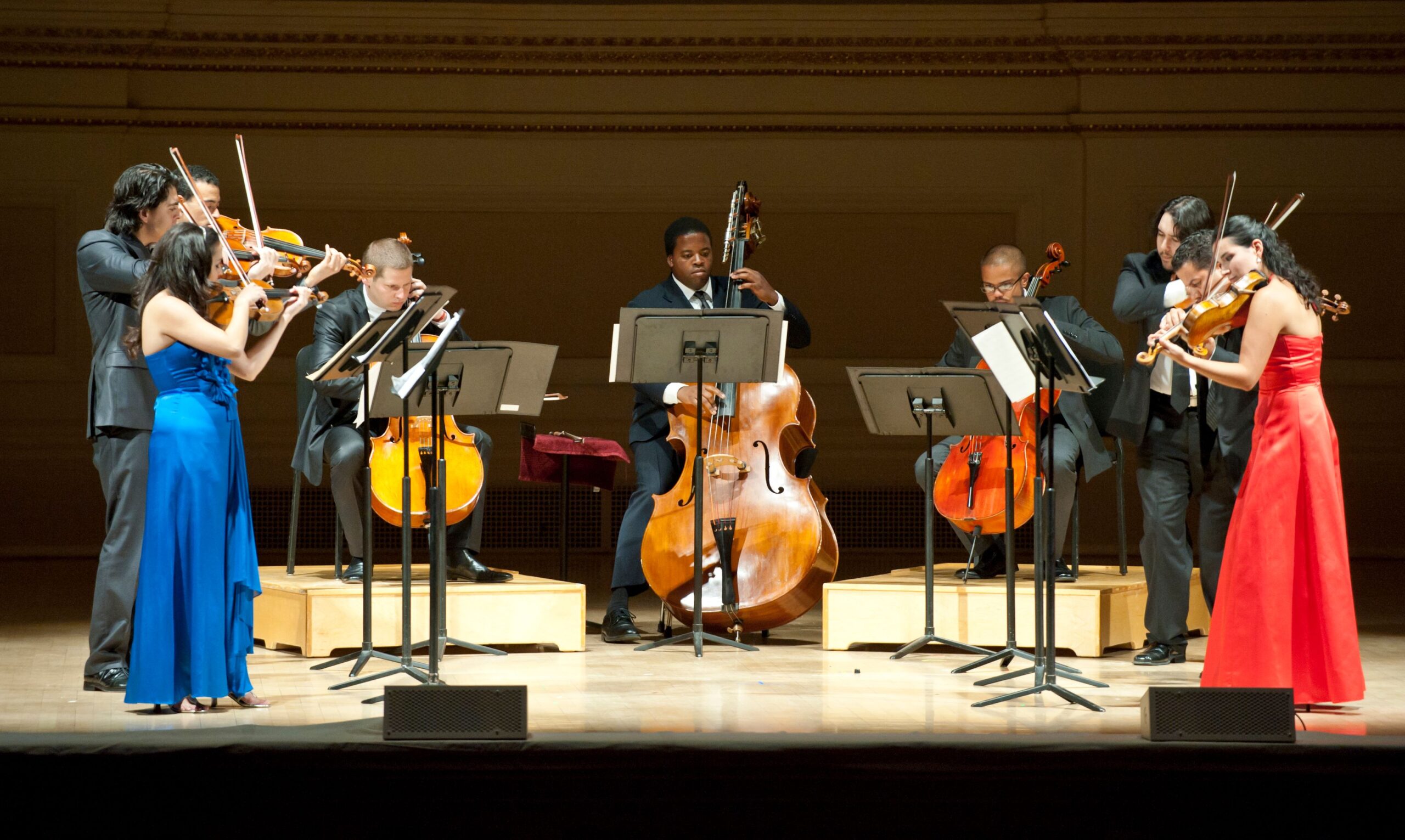
25 years ago, Black and Latinx musicians made up about 1.5% of American orchestras. That number has almost tripled, but it’s still less than 5%. The Sphinx Organization has been at the forefront of efforts to boost diversity in the arts for almost a quarter-century. And not just because it’s important to be equitable.
“The minute we start speaking about diversity we somehow have to acquiesce to compromising artistic merit,” says Sphinx President and Artistic Director Afa Dworkin. “I think it's time to do away with that false argument.” Sphinx creates pipelines for musicians of color, opens opportunities for them, and then watches them shine, because as Dworkin says, “in order for us (the classical music world) to be excellent, we have to be diverse.”
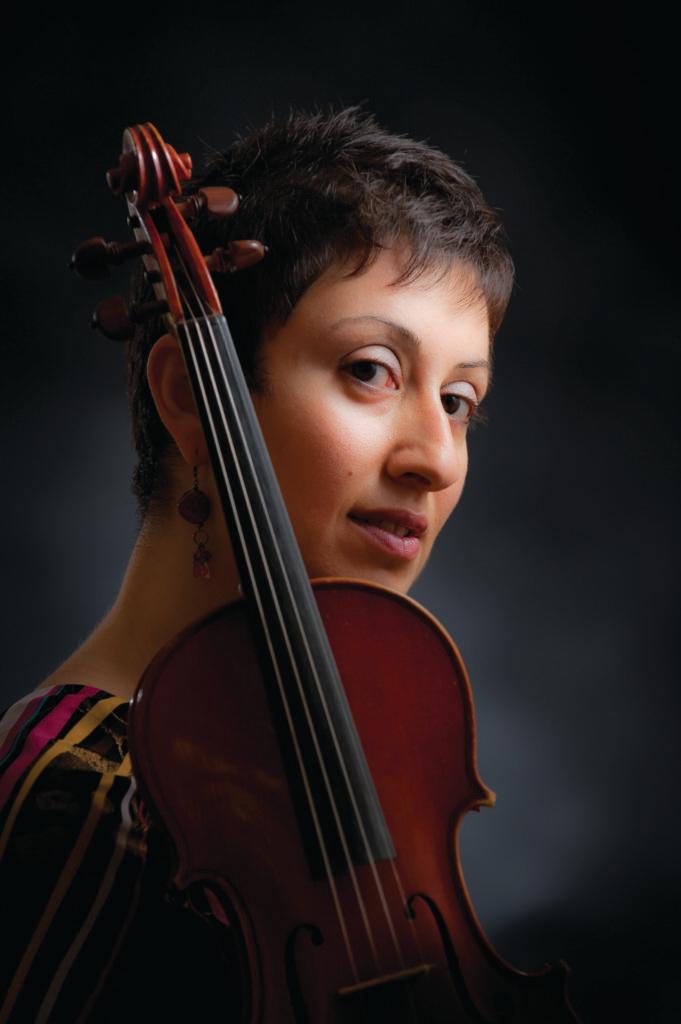
Afa Sadykhly Dworkin was born in Moscow, but grew up in Azerbaijan, where she studied violin at the prestigious Azerbaijan National Conservatory. She came to the United States to attend the University of Michigan School of Music and joined the Ann Arbor Symphony Orchestra as a freshman. It was during this time she learned of an internship with the newly formed Detroit-based Sphinx Organization in 1998.
This was the organization’s inaugural year. Eleven young musicians of color were selected from a preliminary contest to come to Detroit for a week. This first cohort was mentored, given master classes and lectures, and participated in the Sphinx Competition. Today, prizes for the competition range from $3,000 to $50,000, thanks in large part to philanthropist and Colorado native Robert F. Smith.
After that first competition, intern (now organization president) Afa Dworkin found one mother backstage in tears. Her daughter did not win the competition. But that’s not why she was crying. The mother said her daughter prepared for months and assumed she’d win. The mother explained that in her community in Illinois, her daughter was the most accomplished musician- and only violinist of color. “So to come in and meet others who played at such a high level,” Dworkin says, “was both eye opening, but also gratifying. It filled the mother with hope because it was a peer group her daughter was lacking.”
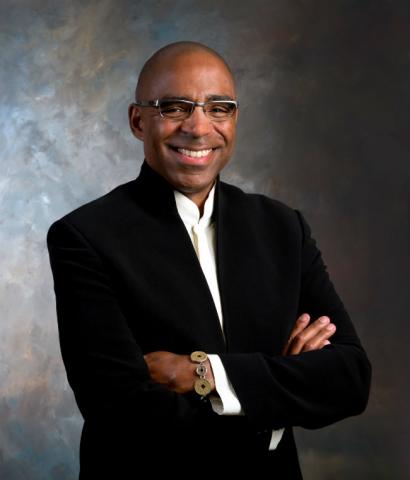
Dworkin says that was a defining moment. She saw the organization’s true potential and began her long journey with Sphinx. Dworkin was the intern who never left. She held many positions before becoming leader of the organization in 2015. She also married Sphinx founder Aaron Dworkin.
Today, Sphinx offers programs in performance, artist development, music education, and arts leadership. The Sphinx Overture program provides string instruments and group lessons free to elementary school students in Detroit and Flint, Michigan. Another program targets middle and high school students.
Other programs focus on placing musicians of color in professional organizations. Musicians have access to grants, which can be used to cover extra lessons or transportation and lodging for auditions across the country.
There’s the Sphinx Virtuosi chamber orchestra, made up of 18 top Black and Latinx classical soloists. The ensemble performs all over the country, including Carnegie Hall.
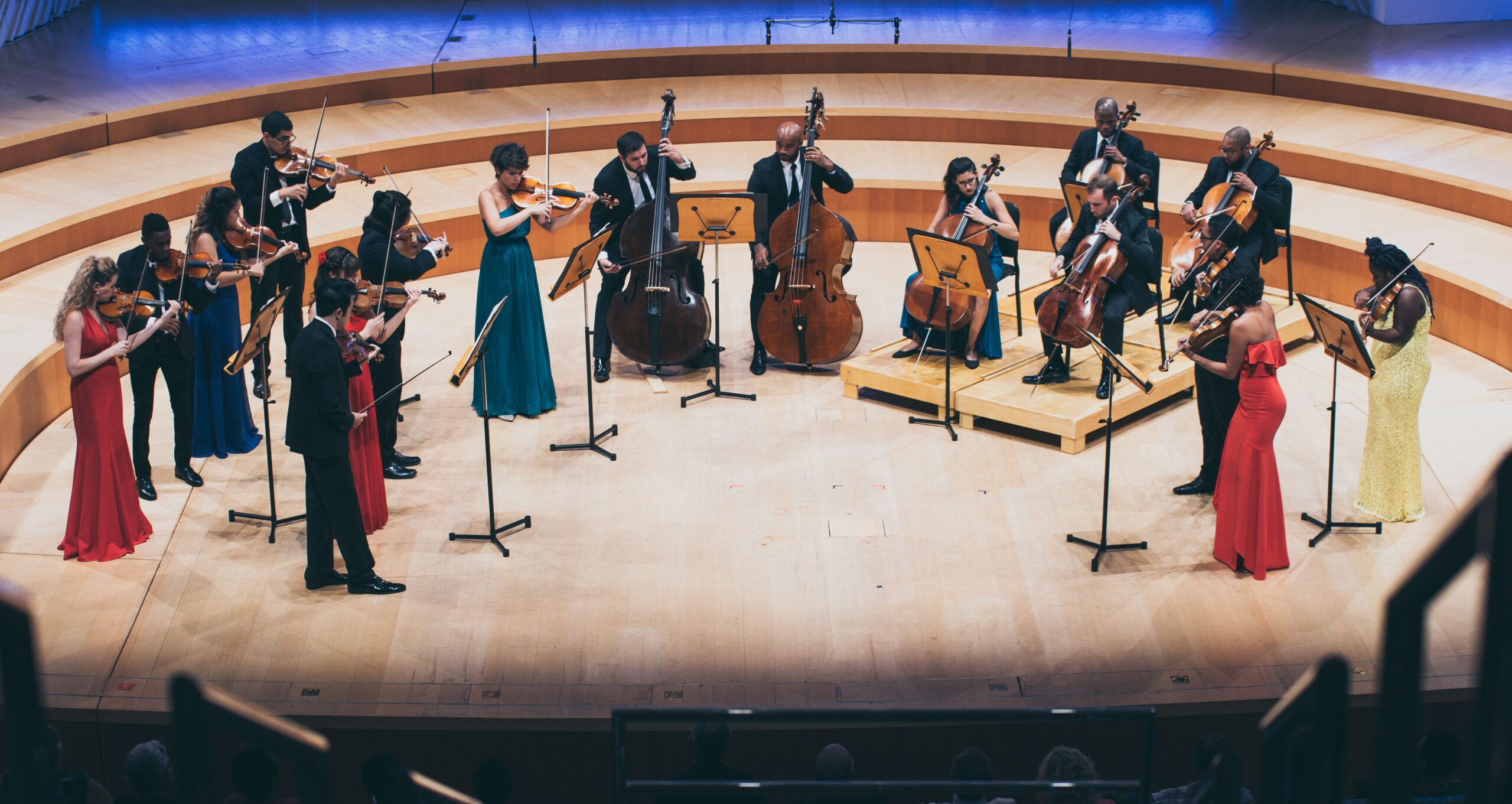
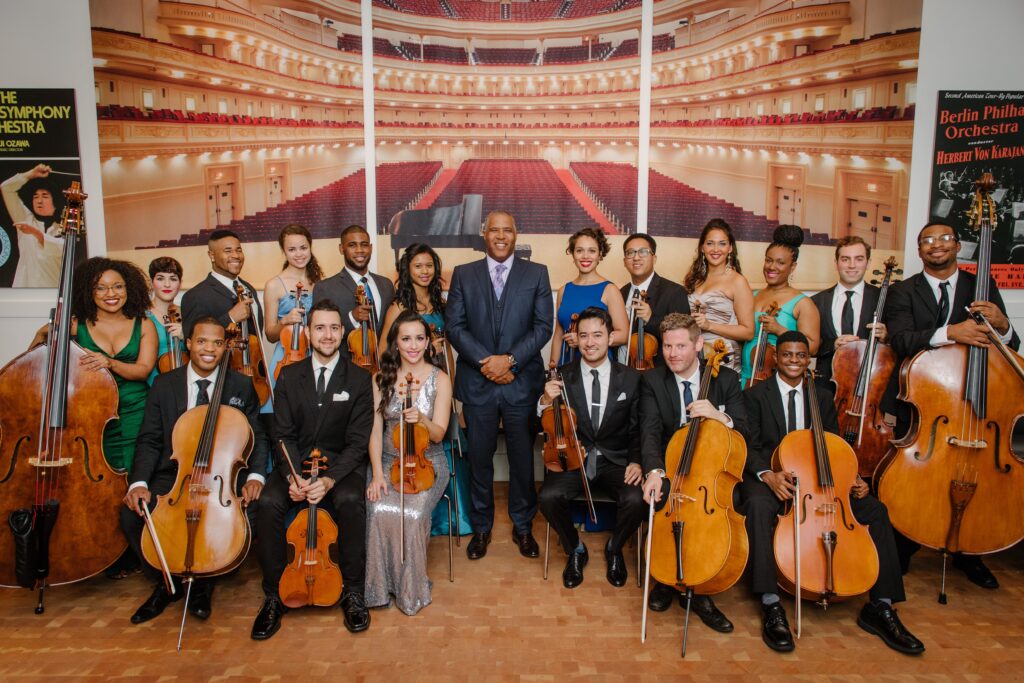
AND – there’s the Sphinx Soloist Program, which every year, gives 20 young musicians of color a chance to solo with an American orchestra.
Back in 1998, Dworkin says, “It would be almost unheard of to think of an emerging soloist of color coming in front of an orchestra.”
One of the biggest challenges, she says, is to make people understand that Sphinx is not a special interest organization. “It’s an essential organization,” she says.
Anita Dumar is a grad student at CU Boulder and a founding member of the Ivalas Quartet, which currently serves as the Graduate Quartet in residence under the renowned Takács Quartet. She’s a former Sphinx volunteer and competition alum, although she didn’t win. “So many opportunities come to you just by even entering,” she says. Dumar was home schooled and learned to play the violin at age 4 from her mother, who is white. Her father is Black. She says race wasn’t talked about at home. And at her high school in Oklahoma, she was referred to as “that Black girl.” She says, “They didn’t even need to know my name because I was the only one.”
With Sphinx, Dumar says, she found more family. In fact, Sphinx is often called “La Familia.”
Dumar says “La Familia” has inspired her to think outside the practice room. She hopes to use her talents to create social change. She says, thanks to Sphinx, she has the support and confidence to do it.
Listen to CPR Classical by clicking “Listen Live” on this website. You can also hear CPR Classical at 88.1 FM in Denver, at radio signals around Colorado, or ask your smart speaker to “Play CPR Classical.”









